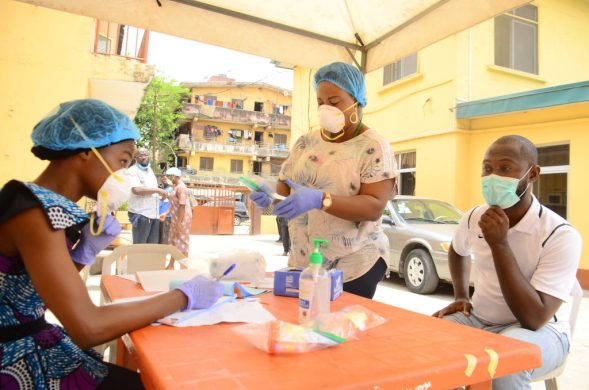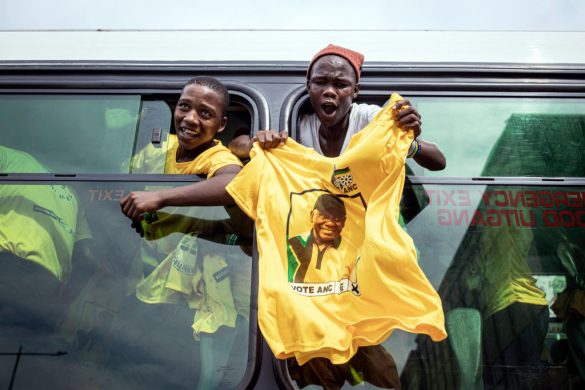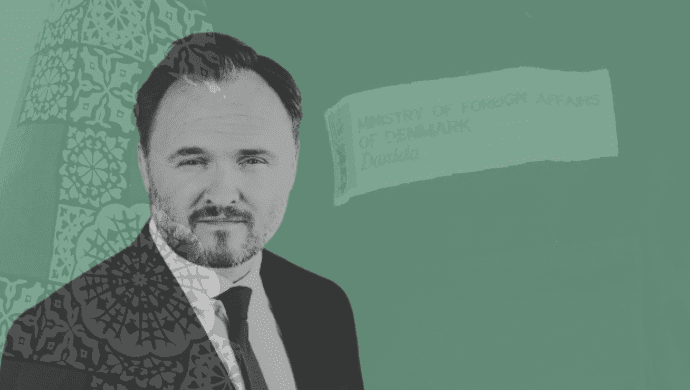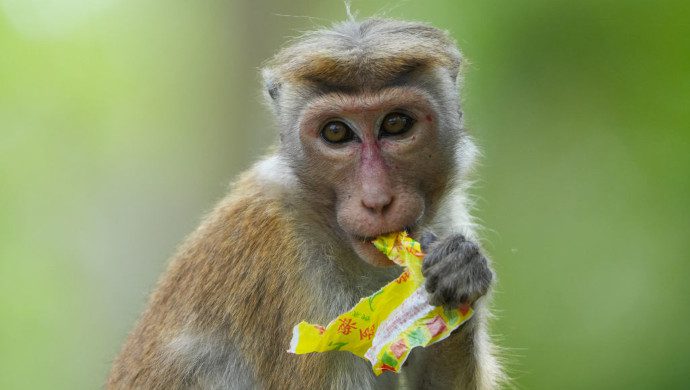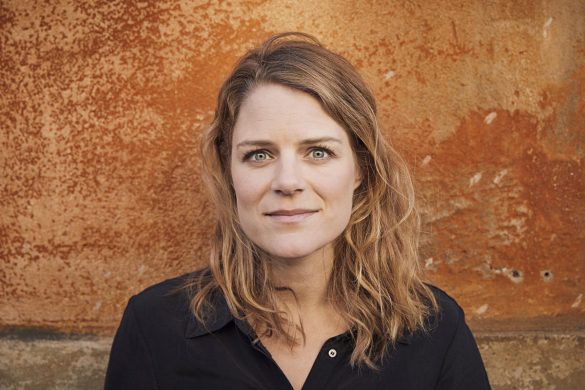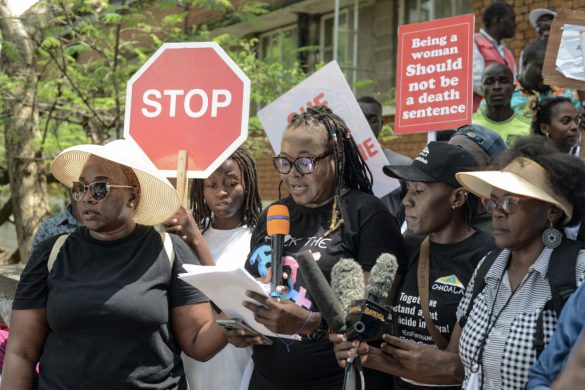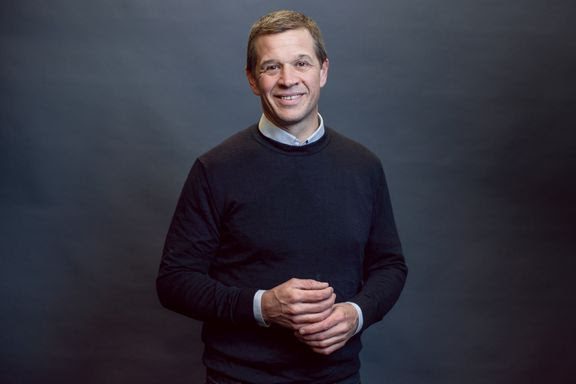De små familiebrug i landbruget rundt om i verden er afgørende, hvis menneskeheden skal vinde kampen mod sulten, sagde to af FNs absolutte topfolk på et møde i anledning af, at 2014 er udnævnt til familiebrugenes år.
BUDAPEST, 5th March 2014 (FAO): United Nations Secretary-General Ban Ki-moon and FAO Director-General José Graziano da Silva Wednesday appealed to governments to boost support to the world’s small-scale family farmers in order to win the fight against hunger.
Ban said the International Year of Family Farming being celebrated in 2014 called “for commitments” in a message relayed by Graziano da Silva to the Global Forum and Expo on Family Farming in Budapest.
A recent study of 93 countries shows that family farms account for over 90 percent of all farm holdings.
Family farmers also manage most of the world’s farm land, including 63 percent in Europe.
“Governments can empower family farmers, especially women and youth, by creating policies conducive to equitable and sustainable rural development,” Ban said, adding:
“This includes better infrastructure to reduce the amount of food lost after harvest when small-scale producers are unable to store, process and transport their goods.”
The UN Secretary-General also encouraged public and private lenders to provide vital financial services such as credit and insurance.
Ban warned that small-scale family farmers are particularly vulnerable to climate change events such as extreme weather, droughts and floods.
En landbrugspolitik til gavn for familiebruget
Graziano da Silva echoed the UN Secretary-General in urging governments to adopt explicitly pro-family farming policies.
He underlined that family farmers, fisher folk, forest-dependent people, pastoralists and traditional and indigenous communities (urfolk) are key for food security in most countries but at the same time are among the world’s most vulnerable populations.
“Apart from producing a high proportion of the food we eat, family farmers are by far the biggest source of employment in the world,” the Director-General stressed, adding that they are also the guardians of the world’s agro-biodiversity and natural resources.
Trusler om jordtyveri
Graziano da Silva underlined the importance of protecting family farmers from rising threats to their traditional access to land posed by insecurity and land grabbing (jordtyveri).
The Committee on World Food Security’s approved Voluntary Guidelines on the Responsible Governance of Tenure (jordrettigheder) as well as its Principles on Responsible Agricultural Investments currently being negotiated are of great importance to keep these threats in check, he said.
“Large private sector investments in agriculture exist and will continue, whether we like it or not,” he explained, noting:
“So it is paramount that there is a common understanding on how to invest in ways that are sustainable and protect the rights of family farmers and poor communities.”
Særlige ambassadører
These persons were formally appointed as FAO Special Ambassadors on Family Farming at Wednesday’s forum:
Secretary General of the Asian Farmers Association Esther Penunia, President of the southern area of the artisanal section of the National Federation of Fisheries of Mauritania Mohammed Ould Saleck, and President of the European Farmers Association Gerd Sonnleitner (Germany).
They join the other special ambassadors already nominated for the Year:
Ibrahima Coulibaly, President of the National Coordination of Peasant Organizations of Mali, and Mirna Cunningham, former Chair of the UN Permanent Forum on Indigenous Issues.


